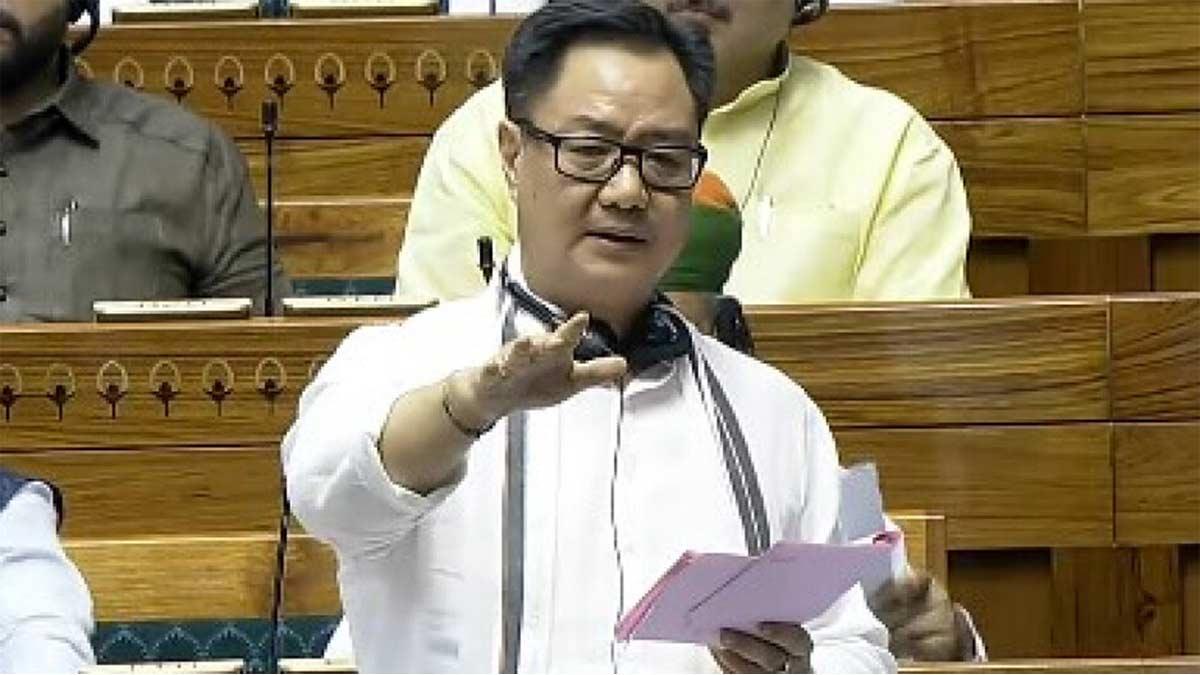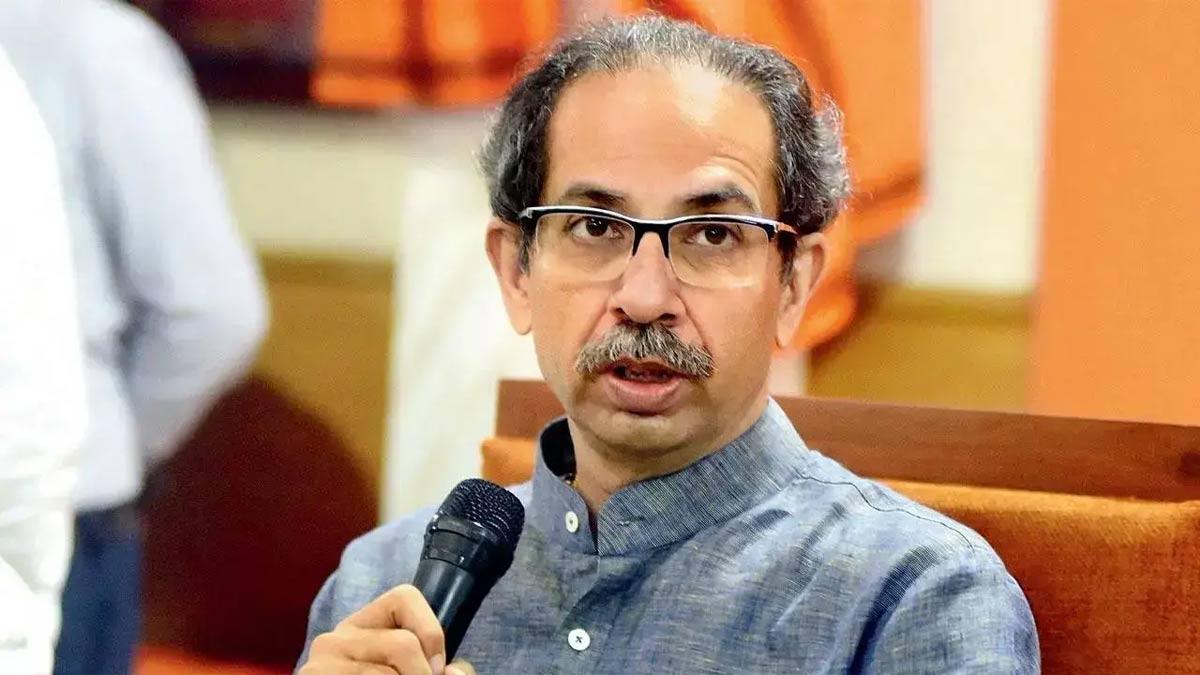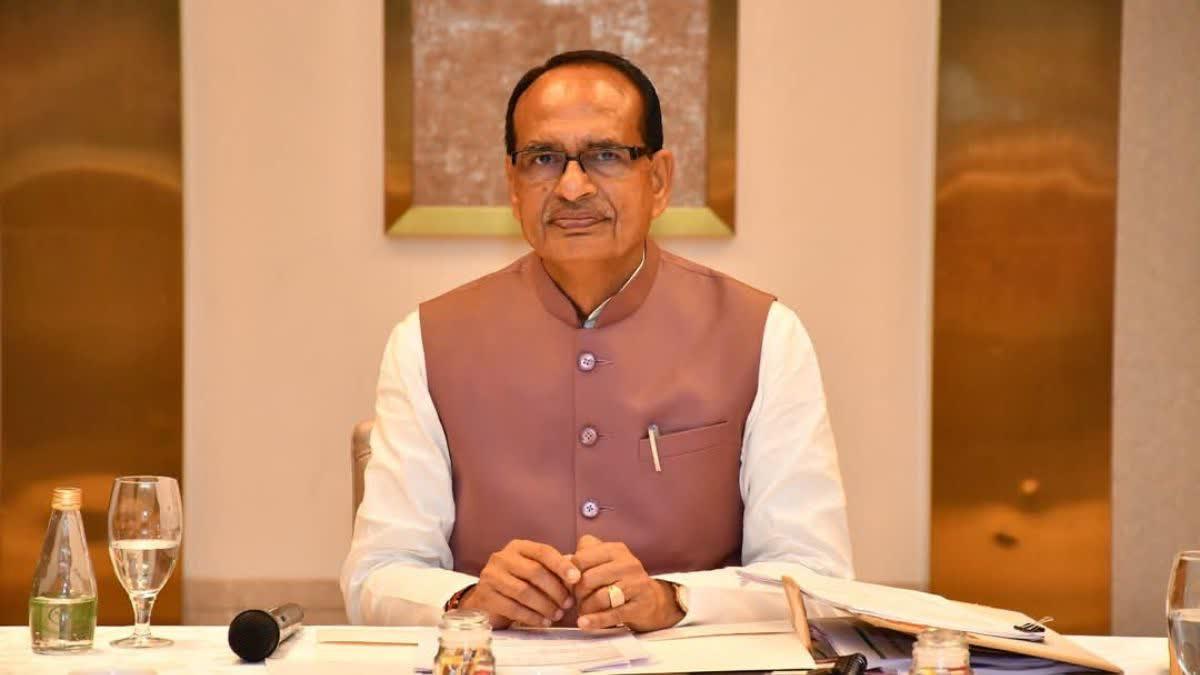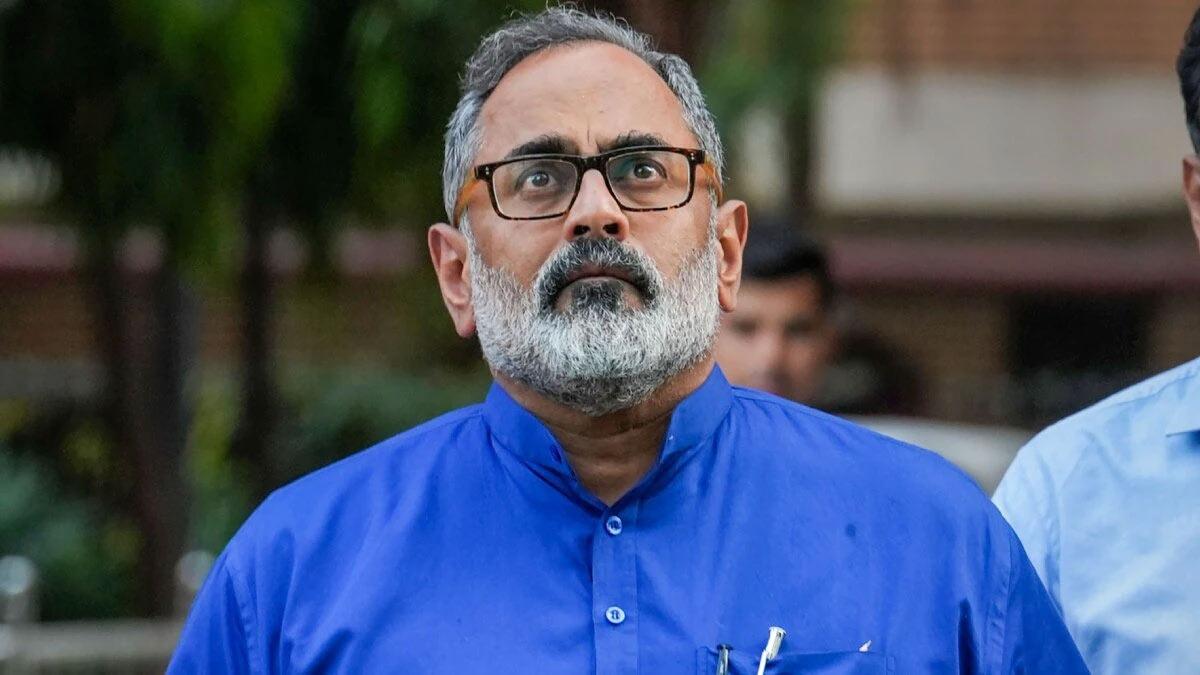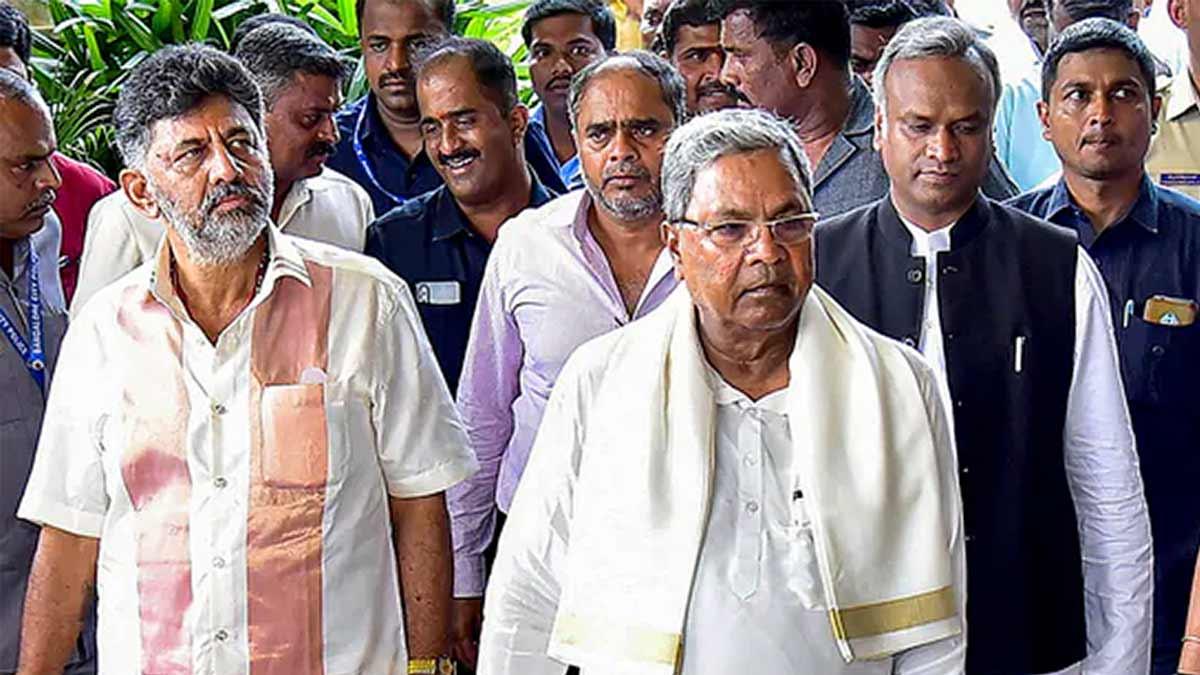Union Minority Affairs Minister Kiren Rijiju sharply criticized the Opposition on Wednesday, alleging that they were spreading misinformation about the Waqf Amendment Bill.
He appealed to skeptics and critics not to mislead the public about the proposed changes. Following the introduction of the Bill in the Lok Sabha, Rijiju gave a detailed explanation, reiterating that the amendments were not religious in nature but were intended to bring greater transparency and governance to the administration of Waqf properties.
Denying charges of government intervention in Waqf properties, such as mosques and dargahs, Rijiju assured that their administration would continue to be under the respective authorities. "Waqf Boards will operate under state governments, ensuring the benefits accrue to marginalized sections, including Pasmanda Muslims, women, and children," he said. Emphasizing that the Bill has both prospective and retrospective effects, he brushed aside fears of property seizure, terming such accusations as unfounded.
Targeting stinging comments at the Opposition, Rijiju alleged that they had been consistently misleading the people on legislative issues. "These are the same people who made false promises that the Citizenship Amendment Bill would deprive Muslims of their citizenship. I ask them—has anything like that occurred?" he asked.
The Minister also elaborated on the changes suggested by the Joint Parliamentary Committee (JPC). He clarified that while the initial Bill had conferred ultimate jurisdiction over disputes regarding land ownership upon the District Collector, the JPC had suggested some amendments, which were properly incorporated into the government. "We initially proposed two members to the Waqf Tribunal, but the Committee suggested to make it three members with fixed tenure," he told the House.
Rijiju also pointed to a major amendment—abolition of Section 40, which he called "one of the most draconian provisions" of the earlier law. "Earlier, Waqf Boards used to have the power to declare any property as their own. This will no longer be allowed under the new amendments," he explained.
Also, the new Bill now provides for appeals in superior courts if a party is not pleased with a decision of a Waqf Tribunal. Earlier, decisions by Waqf Boards and Tribunals were final and could not be appealed.
Read also| Lok Sabha Erupts as SP Leads Opposition Protest Against Waqf Bill

